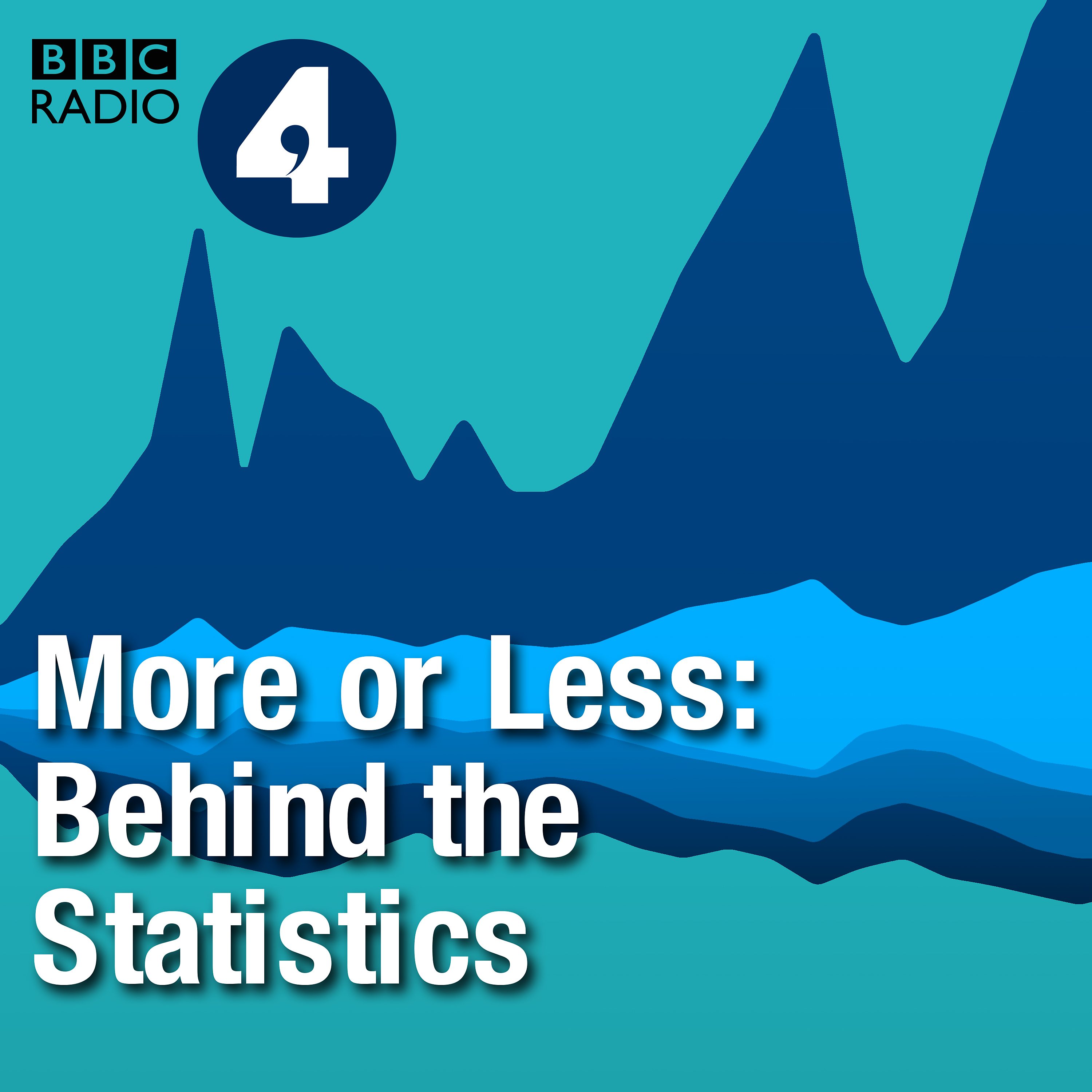Plastic Bags

The Government says that since the introduction of the 5p fee for single use plastic bags their use has plummeted. We take a look at the numbers.
Olympic Medals at Rio 2016\nThe Olympic Games are with us again. So how can we use statistics to predict how many medals each nation will win? We speak to Dr Julia Bredtmann, an economist at the Leibniz Institute for Economic Research.
Income inequality\nPoliticians and commentators often claim that the rich are getting richer while the poor are getting poorer. But what do the numbers actually tell us about income inequality in the UK? Tim Harford interviews Jonathan Cribb of the Institute for Fiscal Studies, the co- author of a comprehensive analysis of Living Standards, Income Inequality and Poverty in the UK.
Desk of Good News \u2013 Maternal mortality rates\nThe number of women dying in childbirth is falling around the world. In 1990, maternal mortality rates were 385 deaths per 100,000 live births \nToday there are 216 deaths per 100,000 live births. This means the death rate is down by nearly half.
The Coastline Paradox\nWhy is it so difficult to measure coastlines? The further you zoom into the detail of a coastline, the longer it becomes. This is referred to as \u2018The Coastline Paradox\u2019. We speak to Mairi Walker, a mathematician at the University of Edinburgh, and Danny Hyam, from The Ordnance Survey - the UK government agency responsible for mapping our coastlines.